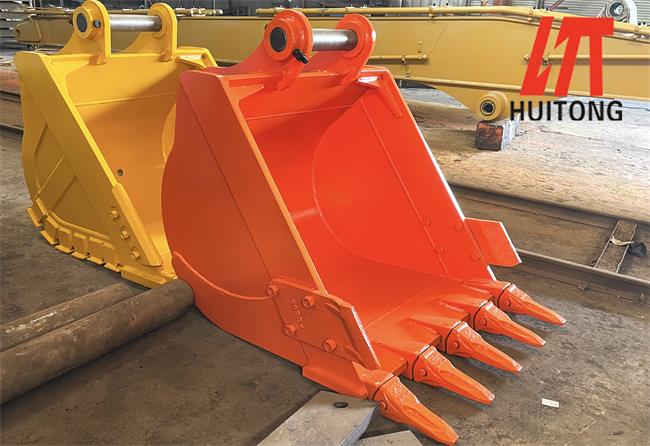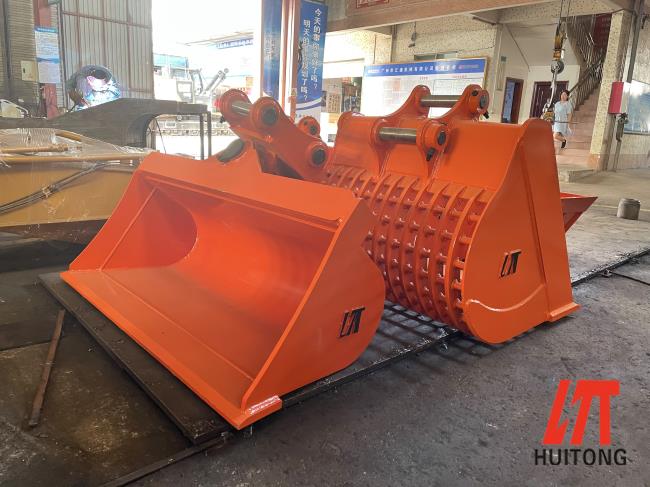 HuiTong
HuiTong  2025-06-13
2025-06-13
The excavator bucket body material of wY25 excavator is Q345, which has good weldability. The material of the bucket teeth is ZGMn13 (high manganese steel), which presents a single-phase austenite structure at high temperatures and has good toughness. It has high wear resistance due to work hardening of the surface layer under impact load. However, the weldability of this kind of steel is poor: one is the precipitation of carbides in the welding heat-affected zone to cause material embrittlement; the other is that the weld produces hot cracks, especially liquefaction cracks in the near-joint zone.

1. The precipitation of carbides in the heat-affected zone causes embrittlement
When ZGMn13 high manganese steel is heated again above 250℃, carbides may precipitate along the grain boundary, which greatly reduces the toughness of the material and seriously damages the excellent properties of high manganese steel. After analysis, when the high-manganese steel is heated again and the cooling rate is faster, the carbides will first precipitate at the grain boundaries. With the extension of the residence time, the grain boundary carbides will change from discontinuous granular state to networked distribution, and its brittleness A significant increase. Therefore, when the high manganese steel is reheated after welding or welding, carbides will be precipitated in a section of the welding heat-affected zone and may transform to martensite, which not only makes the material brittle, but also It will also reduce its wear resistance and impact toughness. In addition, the longer the residence time in the temperature range (about 650°C) where carbides are easily precipitated in the heat-affected zone, the more carbides will precipitate.

In order to reduce the precipitation of carbides and prevent the material from losing its toughness and becoming brittle, measures should be taken to speed up its cooling rate, that is, to shorten the residence time at high temperatures. For this reason, short section welding, intermittent welding, soak welding, etc. should be used when welding the excavator bucket body and the bucket teeth of the excavator.
2. Welding hot cracks
The method to prevent thermal cracks is to reduce the content of S and P in the base metal or welding materials; measures can also be taken from the welding process to minimize the welding stress, such as short-section welding, intermittent welding, dispersion welding and post-weld hammering Wait. When surfacing high manganese steel on the excavator bucket body, a layer of Cr-ni, Cr-ni-Mn or Cr-Mn austenitic steel can be welded first as an isolation weld bead to prevent cracks.